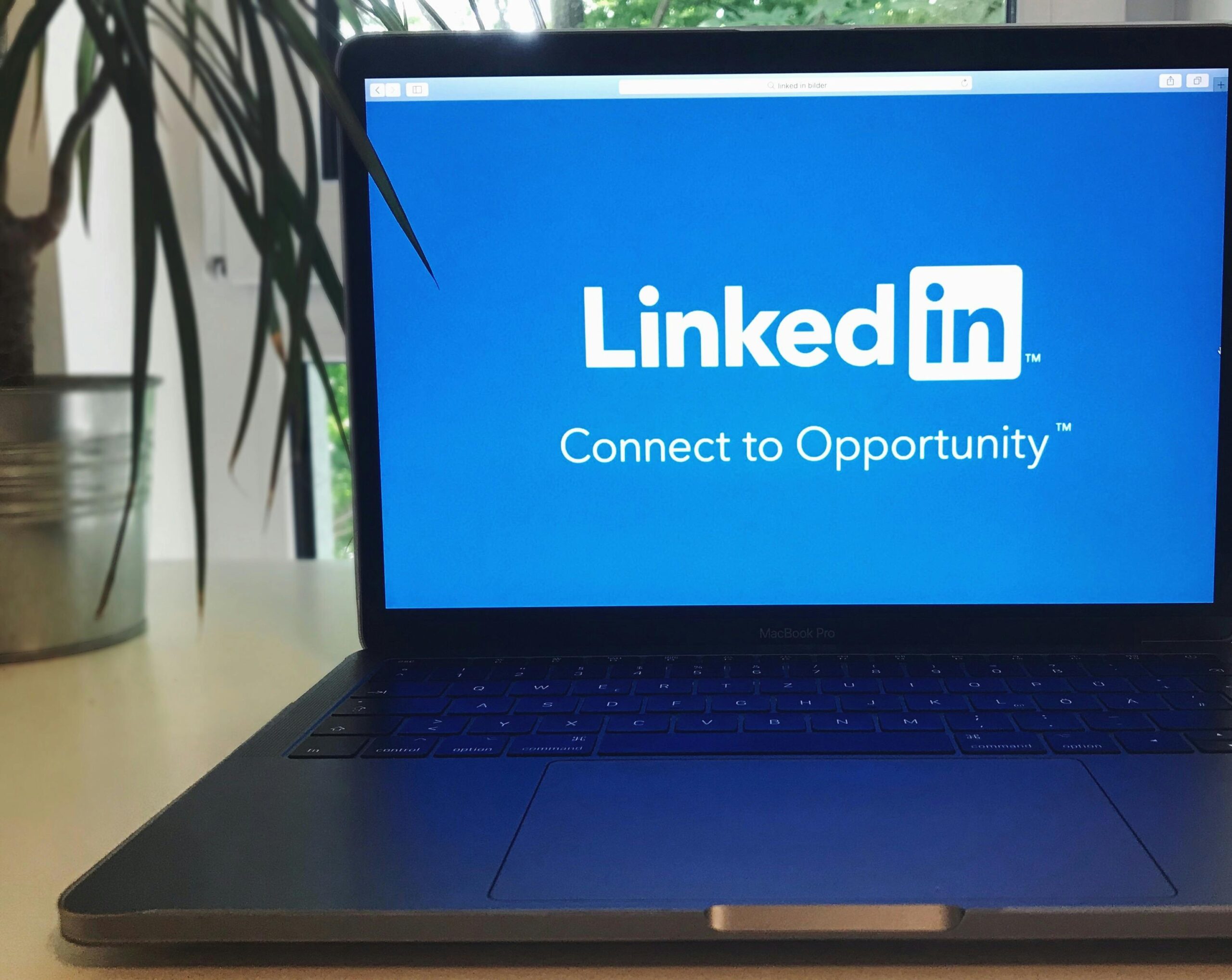
Despite LinkedIn’s growth as a professional social platform, many job seekers are feeling let down. They’re frustrated by things like spammy posts, sketchy job listings, and an algorithm that doesn’t seem to focus on their career goals. As a result, some are starting to look for other options.Some people who look for jobs abroad ditch LinkedIn in favor of better alternatives. Job portals work quite well, and there’s actually less spam.
One thing that has bothered job seekers for a while is the localization of these portals. Let’s explain this: Indeed, one of the most popular platforms, has localized websites. If you’re browsing from Germany, you’ll see jobs in that market; if you’re in the U.S., you’ll scroll through American job listings. So, finding a job in another country used to be a challenge—one that people learned to bypass by changing their IPs and virtual locations.

How Proxies Changed the Picture?
Proxy servers turned out to be excellent solutions for working with various localized websites, and job portals are no exception. Using a proxy is even financially beneficial compared to LinkedIn. Why? Because the social media platform offers paid subscriptions to access advanced tools, whereas the abundance of free proxy services makes it incredibly convenient to browse any website globally.
One key consideration is knowing what kind of proxy to use—and then you’re good to go. Unlike regular VPNs, proxies come in well-defined types based on how they operate. They can be rotating, residential, etc. To browse a job portal, a residential proxy – ideally a rotating one – is often the best choice because it provides a local IP from the target region and regularly refreshes it to avoid detection or blocks.
Webshare is one of those platforms that offers both types of proxies, and many of them include free tiers—making it one of the best alternative solutions to LinkedIn when the platform is full of spam and job listings that don’t actually exist. This proxy service is also very easy to use; for example, Webshare provides a free Chrome extension that lets users instantly change their browser’s geolocation, with 10 free proxies available at signup (no credit card required). In short, tools like Webshare allow job seekers to access global job boards with ease, sidestepping some of LinkedIn’s limitations.
Ghost Job Postings and Trust Issues on LinkedIn
One of the biggest complaints about LinkedIn’s job hunting functionality is the prevalence of fake or “ghost” job postings. Recent analyses show that between 18% and 22% of online job ads are effectively ghost jobs – positions posted online with no hiring ever conducted. In other words, as many as 1 in 5 job listings may be fake or never filled. A 2024 survey even found 39% of hiring managers admitted their company posted a fake job listing in the past year. Why would companies do this? There are several reasons that have little to do with actually filling a position:
- Projecting growth: Some employers post jobs just to appear as if they’re expanding, even if they aren’t hiring. This helps them “feign active hiring and growth” to impress investors or the market. Keeping job listings up can avoid the negative optics of removing posts during hiring freezes.
- Building candidate pipelines: Others advertise roles with no intent to fill them immediately, simply to collect résumés and build a talent pool in case a great candidate comes along or for future needs.
- Boosting visibility: Posting jobs on LinkedIn can be a marketing tactic. It’s been observed that using LinkedIn’s Easy Apply feature often automatically makes applicants follow the company’s page (via a small opt-in checkbox). Thus, fake job posts can boost a company’s follower count and visibility on the platform.
- Employee pressure: In a rather shocking twist, some managers have even admitted to posting ghost jobs to keep current employees on their toes, wanting staff to feel “replaceable” so they remain motivated and work harder.
Algorithmic Challenges and Fierce Competition
In fact, LinkedIn’s feed has become so full of mass-produced content that authenticity is a concern. A recent study found that more than half of LinkedIn posts were likely written by generative AI – polished, formulaic corporate-speak that may boost engagement metrics, but doesn’t necessarily help someone find a job. The platform’s design encourages users to post and interact as on a social network, which has led to an abundance of “broetry” posts, humblebrag success stories, and AI-generated articles. For job seekers, sifting through this spammy or AI-generated feed can feel like a distraction from the real goal of networking or finding opportunities.
Moreover, LinkedIn’s business model itself can hinder the average job hunter. Many useful features (like advanced search filters or the ability to message recruiters freely) sit behind a paywall in the form of Premium subscriptions. While LinkedIn Premium has its perks, users often find it expensive for what it offers – and it doesn’t solve the fundamental problem of irrelevant feed content or fake jobs.
It’s clear that its effectiveness as a job-hunting tool has diminished for many users. Between ghost postings that lead nowhere, an algorithmic feed that demands patience to navigate, and the sheer volume of competition, LinkedIn can sometimes feel “full of spam and job listings that don’t actually exist” – just as disillusioned job seekers usually describe it.
Interested In Working Together?
Introducing Delivered Social. We’re The Most-Rated Digital Agency In Surrey & Hampshire – We’ve Got To Be Doing Something Right.
Delivered Social is a digital marketing agency with one mission—to help businesses grow. We’re famous in Guildford and Portsmouth for our social clinics. We believe in free advice. We build lasting relationships because our team prides itself on being helpful, which our clients appreciate.
If you are looking for a new website or an agency to manage your social media presence, we can help.
If you need something slightly different, here's a super handy list of all our services, or you can always email us.























